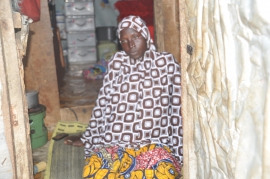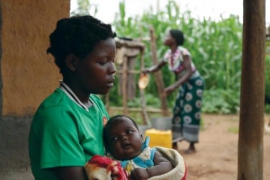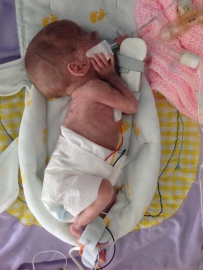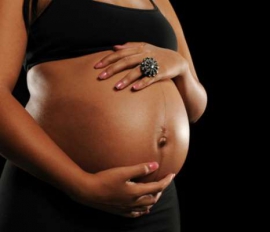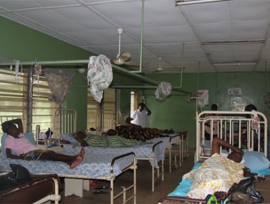Improving Maternal Health In Nigeria, My Driving Force – Prof. Afolabi
Born in 1970, Bosede Afolabi, is a Professor of Obstetrics & Gynaecology, College of Medicine, University of Lagos, Nigeria. She has dedicated over 19 years of her life in improving the lives of mothers and their babies in Nigeria.


